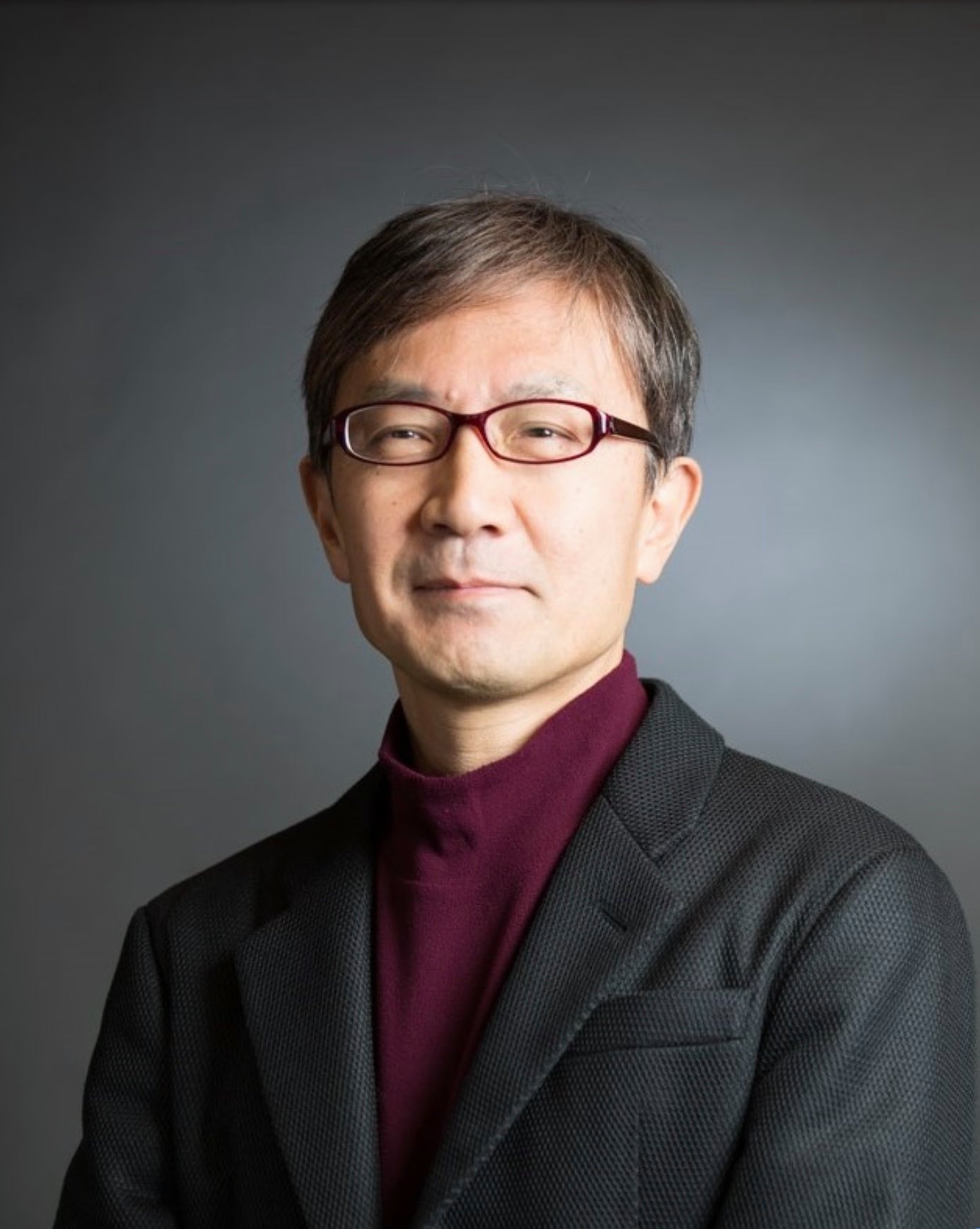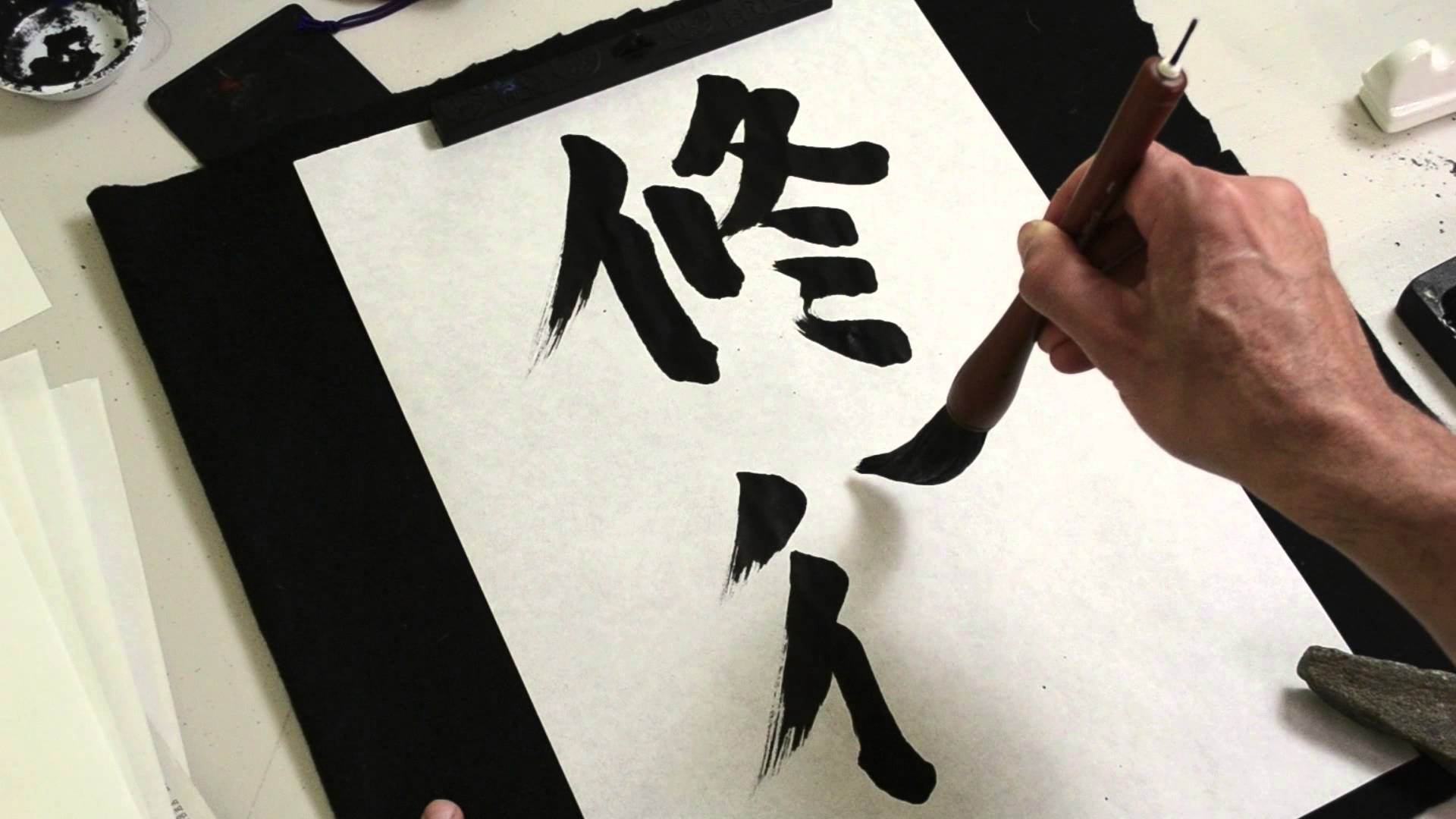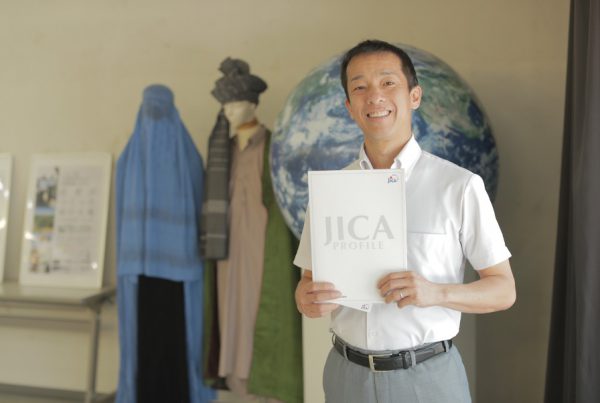For Tetsuya Kaida, the world is brimming with interesting things. As one of the brilliant minds behind several revolutionary concepts at Toyota Motor Corporation, he helped developed design philosophies and engineering enhanced by senses and design thinking. Now at Nagaoka University of Technology (NUT), the creative maven leads Idea Dojo.
Tetsuya Kaida, Founder & CLO of NUT Idea Lab
Entrenched in Kaida’s passion, vision, and imagination, Idea Dojo inspires community-enhancing projects and leadership.
He describes it as “a never-ending process, with question after question.”
“It is not a lab,” he clarified.
Three Pillars
Idea Dojo is rooted in three pillars: trying interesting things, the creation of a mindset, and finally, idea generation.
For instance, after Ryoji Otsuka, vocalist of the Japanese pop group Katsumeishi recommended that he try Snowfeet — skiskates or snow skates — he leapt at the idea and started doing it since this winter season.
In the year 2020 alone, he had done it at least ten times.
Snowfeet combine skis and skates gives you the thrill of skating in an extremely light and small package.
Photo credit: Snowfeet
New and interesting experiences such as Snowfeet, Kaida recognizes, are wellsprings for inspiration, and may give birth to novel ideas.
”You have to get into the moment. To get into the moment, you have to be present. To be present, you need to activate your five senses, as a baseline.
Tetsuya KaidaFounder & CLO of NUT Idea Lab
“When that is established, people need to think further. Imagine washing your hands at the sink. How does the water sound? Take a look at your phone, the material sounds like this. How do you elevate this to another level? Think further – what about the other senses? How can smell inspire you? How can it bring you down memory lane?” he challenged.
“A planner’s mindset is very important,” Kaida said.
Finally, there is idea generation.
As an example, he said the dynamite, which was invented by Swedish businessman and chemist Alfred Nobel, may be used constructively or destructively.
“There is dark and light in everything,” Kaida noted, “We need to think about the balance and focus on the right and good side of an idea.”
Idea Dojo at NUT
Asked about how he envisions Idea Dojo within NUT, he explained that it is a financially independent company, with consulting function, within the university.
“Its goal is to try out new stuff,” he said.
By giving birth to a new meaning of collaboration, it intends to benefit the company itself, society, and the government.
Kaida explained that its premise was the Media Lab at Massachusetts Institute of Technology (MIT), but with dramatic differences.
The concept of a lab, according to him, was “very flamboyant and suits the American style,” unlike his personal vision.
“I learned from the way they established it,” he narrated.
“We don’t need to have another one,” he added, referring to the US-based lab.
Rather, he wants to incorporate the Japanese concept of “shugyo” (修行), or training without any ending.
Shugyo (修行) is a form of deep spiritual training where one’s character is refined while continuously acquiring knowledge. Photo credit: Martial Way to Success
This, he says, is just like life-long learning, and is more in line with the vision of Idea Dojo.
“The Japanese way is very calm. For us, silence is golden. Our goal is to produce as many ideas as possible,” he said.
This trigger need not be big, according to Kaida. “It could also be small,” he said, but still lead to changes.
Such ideas, which he defines as “a new meaning of another dimension” could trigger change.
Inspiration, motivation
Kaida cites Internet and aerospace entrepreneur Jeff Bezos and industrial designer and tech entrepreneur Elon Musk — whom he describes as “pure-hearted people who solely think about things” — as some of the people who inspire him to do what he does.
He also gives an illuminating response when asked why he does what he does.
”What people are doing is essentially engineering a sum of experiences into an emotion that helps people feel good, one that invigorates and elevates the lives of humans.
Tetsuya KaidaFounder & CLO of NUT Idea Lab
For Kaida, this is at the core of our evolution.
Meanwhile, despite such lofty pronouncements, Kaida ends with a lighthearted caveat: “Don’t think too much. It leads to more headaches.”













